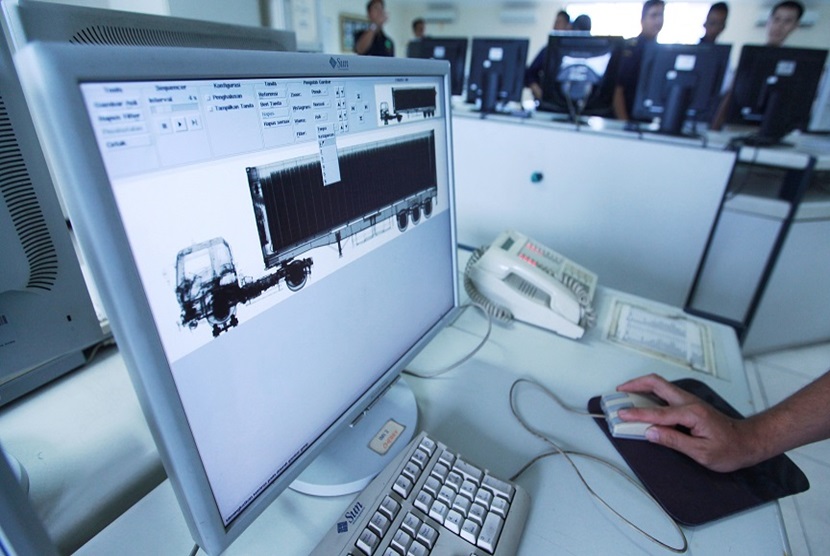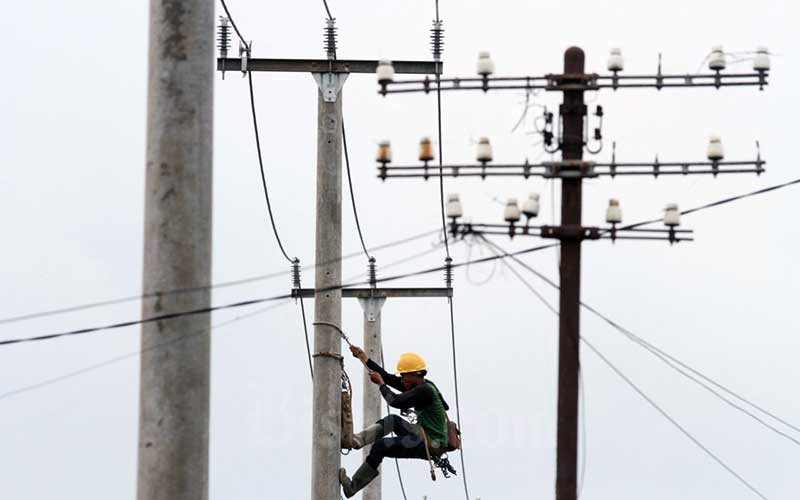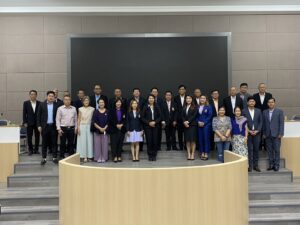[ad_1]
In the early hours of April 15 2023, the Rapid Support Forces (RSF) – a Sudanese paramilitary force – attacked the military airstrip in the town of Merowe and deployed troops across strategic locations in Sudan’s capital, Khartoum.
Within hours, fighting between the RSF and the Sudanese Armed Forces (SAF) had begun. And by the afternoon, it was nearly impossible for civilians to flee Khartoum. It would take only a few days for the war to spread to other parts of the country.
The war between the two militaries has now gone on for a year. Khartoum is largely controlled by the RSF, and the government, which has been led by the SAF since 2021, has been forced to relocate to Port Sudan on the country’s Red Sea coast.
According to UN experts, around 25 million people – half of Sudan’s population before the war – are in need of urgent humanitarian assistance.
US and Saudi-led efforts to facilitate ceasefire talks in Jeddah have so far failed. And the civilian opposition to the regime of General Abdel Fattah al-Burhan, the leader of the SAF, has fragmented and proved unable to present a comprehensive coalition to engage in serious negotiations.
The current situation in Sudan is a result of flawed peacemaking attempts and the failure to respond to early signs of growing hostilities. The deadlock looks nearly impossible to break.
The two beligerents
The RSF’s history reaches back to the early 2000s when a military dictator called Omar al-Bashir ruled Sudan. The group is the successor of the so-called Janjaweed, a militia that fought on the side of Bashir’s Islamist regime against rebel groups. The Janjaweed became a more formalised military unit in the final few years of Bashir’s rule and, in 2013, it was renamed the RSF.
Read more: Explainer: tracing the history of Sudan’s Janjaweed militia
In the years that followed, the RSF took control of the emerging Sudanese gold industry with the support of the Russian state-funded private military company, the Wagner Group. The RSF developed close contacts with the United Arab Emirates, whose primary interest was in agricultural land and curbing Islamist influence in the region.
The roots of the current war can be traced back to the Sudanese revolution in 2019. A popular uprising led to the fall of Bashir and the SAF and RSF were forced to accept a power-sharing arrangement with the Forces for Freedom and Change, a coalition of civilian and rebel groups that was then leading Sudan’s political opposition.
But even with the framework in place, more than a dozen armed groups continued to operate in various parts of the country. Negotiations between these groups and the government resulted in the Juba Peace Agreement in October 2020, where the power-sharing arrangements were expanded to include most of these armed movements. The effect of this was to fuel already fierce competition for political influence and resources.
The peace agreement also required the integration of several armed groups into the SAF, including the RSF. This created tensions within the military establishment and the RSF, which was not interested in giving up the independent command structure that helped it secure business interests.
How not to deal with a military coup
The military-led government that was created following the 2019 uprising was to transition to a civilian body 21 months later. However, in October 2021, only a few months before the transition was due to take place, the military staged a coup. General Burhan, who acted as the transitional president, led the coup and cited chaos within the civilian parts of the government as the reason.
The African Union reacted by suspending Sudan’s membership. And the UN transition mission and other influential actors continued to engage with the SAF, aiming to reestablish the pre-coup order. However, UN-led consultations failed, not least because the civilian opposition forces fragmented significantly after the coup.
The Forces for Freedom and Change split into several factions. And the newly established pro-democracy Resistance Committees, the most vibrant civilian opposition against the Burhan’s regime, remained outside formal negotiations. Signatories to the Juba Peace Agreement in turn slowly sided with the SAF.
In the end, the requirement by the Juba Peace Agreement that all military groups should be integrated into the SAF proved unacceptable to the RSF. Relying on financial gains from their commercial activities and support from the United Arab Emirates, the RSF decided to take over the country militarily.
Finding a solution
Moving forward, the push to renegotiate the agreement to amalgamate the SAF and RSF is bound to fail. All previous attempts to integrate the two powerful militaries under the leadership of the SAF have not led to any success. While the parties had previously agreed to this on paper, it has proven impossible to implement in practice.

Sign up for free AllAfrica Newsletters
Get the latest in African news delivered straight to your inbox
Success!
Almost finished…
We need to confirm your email address.
To complete the process, please follow the instructions in the email we just sent you.
Error!
There was a problem processing your submission. Please try again later.
The SAF leadership has repeatedly promised to fight until they have secured a military victory, an outcome that is far-fetched given the extent of the RSF’s current military strength. At the same time, civilian groups are unable to bridge their political differences that sometimes stretch back a long time.
An attempt to gather a majority of the opposition forces under a coalition named “Taqaddum” is ongoing. But it is unlikely to succeed as several influential groups remain on the fringes or oppose the initiative.
There is no way forward without bringing in a civilian third party to counter the strength of the SAF and RSF, and introduce new dynamics to the stalled negotiations. However, this appears unlikely at present. The fragmentation of the opposition forces remains a challenge for a peaceful resolution in Sudan.
Jan Pospisil, Associate Professor at the Centre for Trust, Peace and Social Relations, Coventry University
[ad_2]
Source link




